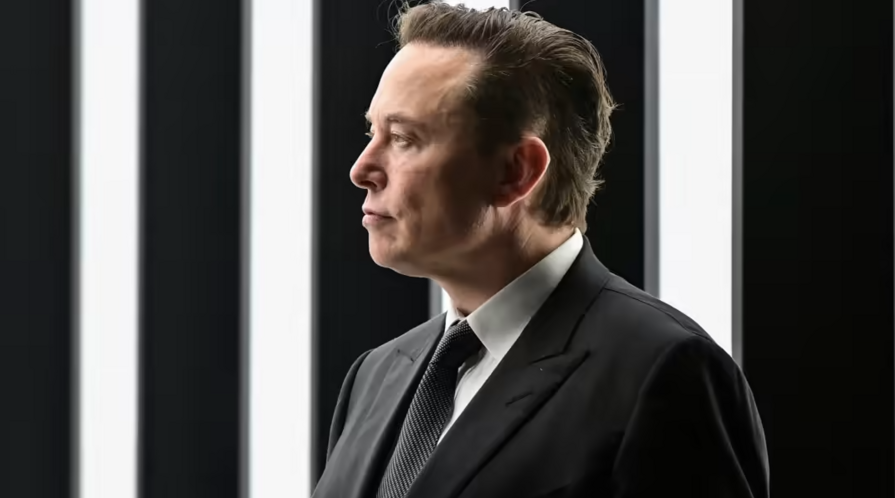What Musk’s first week at Twitter tells us
What Musk’s first week at Twitter tells us
Marietje Schaake writes of Musk's first week and what we know about Twitter’s future. Published in the Financial Times.

Elon Musk has owned Twitter for one long week now. He has tweeted jokes and provocations, pitched ideas and sent out dog whistles. Musk is making the remarkable power that US tech executives hold over our lives, from geopolitics to the health of democracy, painfully tangible to all. The barrage of announcements in week one alone put a number of contradictory questions about Twitter’s future on full display. The richest man in the world seems eager to show off his new toy, yet his fun-and-games tone cannot disguise the real governance challenges he is now solely responsible for solving. Immediately after the sale was confirmed, the number of neo-Nazi and racist tweets exploded on the site. Accounts marked as being linked to Russian and Chinese state media requested that the Twitter labels indicating as much be removed. Speculation about whether Musk would reverse the account ban for extremists, conspiracy theorists or Donald Trump himself was rife. Yet if ever there was a need to remind Musk of the real-world harms caused by disinformation, it was demonstrated by the violent attacker who was radicalised online before breaking into US House Speaker Nancy Pelosi’s home this week. When he did not find Pelosi, he assaulted her husband.

